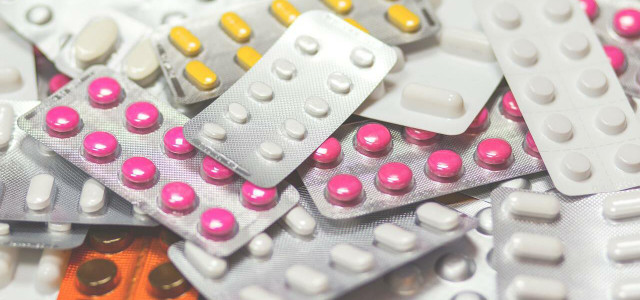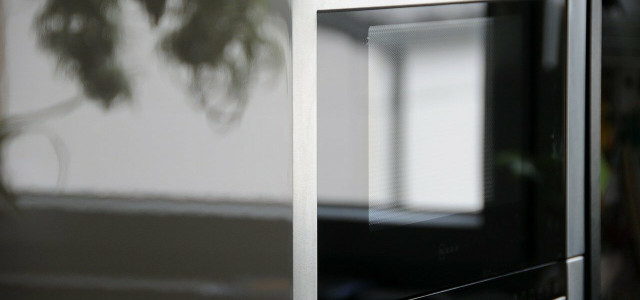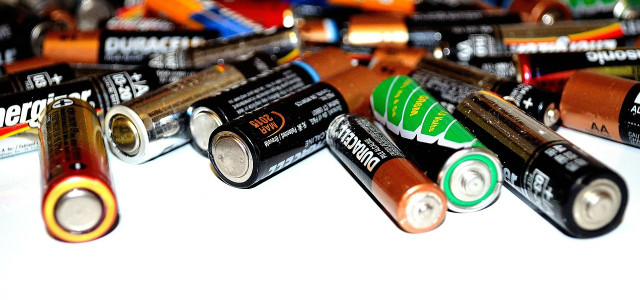It is important to dispose of unused medication correctly to prevent it from getting into the wrong hands. Keep reading to find out how to dispose of old pills properly.
Why the Correct Disposal of Medicine is Important
Properly disposing of old medicines is essential because medicine is incredibly personal. What is safe for you may be harmful to someone else. As there were 100,306 drug overdoses in the U.S. in 2021 alone, correctly throwing away unused medications may reduce misuse, prevent accidental overdoses and save lives.
Disposing of medication correctly also protects the environment. As we discuss in more detail later on, there are some environmental concerns about flushing unused medication down the toilet or sink. Flushing medication can lead to water pollution, negatively impacting aquatic ecosystems and contaminating drinking water.
How to Dispose of Old Pills Correctly
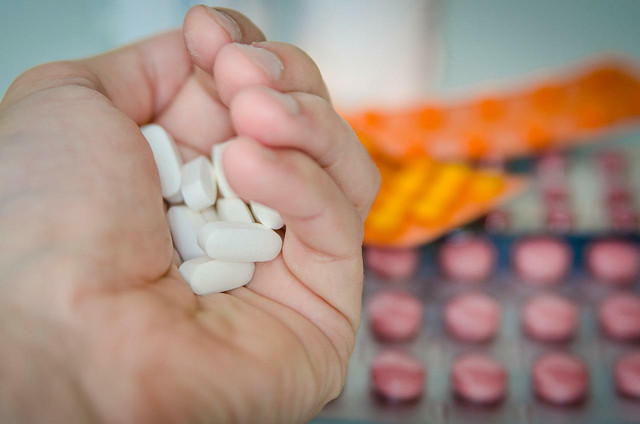


There are three ways to dispose of old medication correctly.
- Drug Take-Back Programs. The U.S. Drug Enforcement Administration sponsors National Prescription Drug Take Back Day in communities across the U.S. You can take your unused medication there to be disposed of correctly. Check with your local law enforcement officials or use this search to find a DEA-authorized collector in your community. You can also check with your local pharmacy for the nearest location.
- Flush them. You should flush medicines that might be harmful to others. The packaging they come in will typically tell you to flush them down the toilet or sink when you no longer need the medication.
- Throw them in the trash. If you cannot find a Take-Back program, you can dispose of all medication — except those on the FDA flush list — in your household trash. Remove the medicine from its original container and mix it with something undesirable, like dirt. This makes the medication less noticeable to children, pets and people searching for unused drugs.
Negative Consequences of Not Disposing of Old Pills Correctly
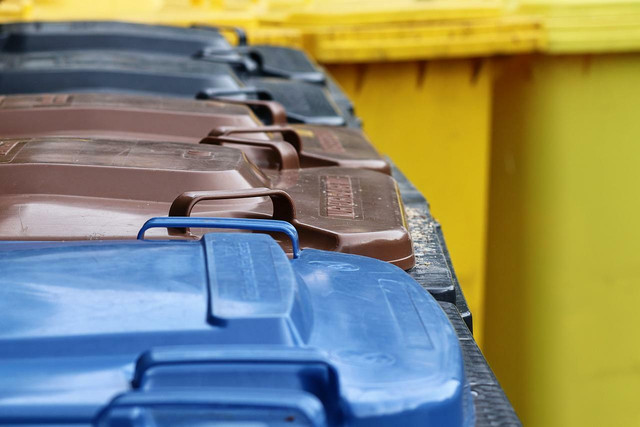


There are many adverse health and environmental impacts to not disposing of old pills correctly. Some health impacts include:
- Poisoning children and pets who eat them. If you have old medication lying around, children or pets can accidentally ingest them, which can sometimes be fatal.
- The U.S. is in the midst of an ongoing opioid crisis. According to a National Survey on Drug Use and Health, in 2019, an estimated 10.1 million people aged 12 or older misused opioids, and 9.7 million people misused prescription pain relievers. Therefore, it is crucial to dispose of old medications and keep them away from those who may abuse them.
- Properly disposing of unused medication also helps individuals avoid accidentally taking an incorrect or expired treatment or too much of the same drug.
It is best to take your unused medication to a Drug Take-Back Program. Disposing of your drugs incorrectly also has negative environmental impacts, such as:
- Water pollution. When some medications are flushed, they end up in our water systems. In homes that use septic tanks, drugs flushed down the toilet can leach into the ground and seep into groundwater. In 2017 the FDA released a report acknowledging the environmental risks associated with flushing medication.
- Affecting water treatment plants. Generally, water treatment plants are not equipped to remove medicine. A study conducted in 2008 showed trace amounts of medication found in surface, ground and drinking water.
Note: Although it’s recommended to either flush or throw unused medication away, taking it to a Drug Take-Back program is still the best option for health and environmental reasons.
Read more:
- 5 Reasons Why You Should Turn Off Your Phone
- How to Dispose of Cooking Oil Responsibly – 4 Tips
- Donation How-Tos: Does Goodwill Take Underwear, Bras & Socks?
Do you like this post?






